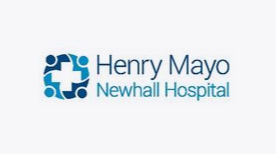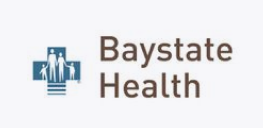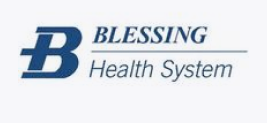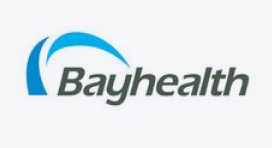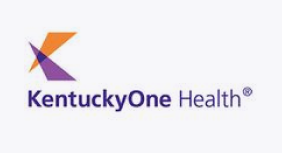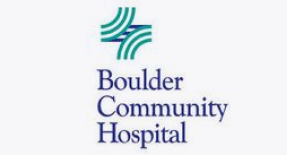April 30, 2022
Quiz: Should Your Organization Implement A Specialty Pharmacy?

There are many factors to consider when developing a specialty pharmacy program. To help get started, score your facility on the factors below and then use the category descriptions to plan your specialty pharmacy model.
1) Does the health system have a self-insured health plan? (5 points)
2) Does the health system have an infusion center? (5 points)
3) Does the health have the following specialists on staff?
- Oncologist (5 points)
- Rheumatologist (5 points)
- Gastroenterologist (5 points)
- Dermatologist (4 points)
- Neurologist (4 points)
- Infectious Disease (4 points)
- Cardiologist (2 points)
- Allergist (2 points)
4) Is there access to 340B pricing? (5 points)
5) Is the health-system accepting risk, such as participation in an ACO? (5 points)
6) Does the health system have a large employee and beneficiary base?
- >500 employees (4 points)
- >1,000 employees (6 points)
- >5,000 employees (10 points)
- >10,000 employees (15 points)
7) Are you large enough to gain access to payer contracts? (3 points)
8) Does the health system have an outpatient pharmacy (5 points)
Tally your results. Hospitals typically fall into one of these three categories:
5-10 Points: Minor Opportunity
There is probably not enough opportunity to dedicate the resources to establish and support a wide-ranging specialty pharmacy program, but you will often find that a significant and very attractive opportunity still exists. In this situation, you might want to look to outside sources to partner and help you manage the opportunity, or concentrate on a select number of clinical areas (e.g. Oncology) from your outpatient or infusion pharmacy.
10-20 Points: Moderately-Sized Opportunity
Hospitals within this range may have their own outpatient pharmacy, in which case, it can be easily leveraged for Specialty. The pharmacy should target prescriptions that are open access for Medicare Part D and where they can establish payer contracts. They should also implement reimbursement support and clinical support services for their patients. This type of hospital should also seek savings from the employee base by structuring the employee benefit plan to use the hospital’s specialty pharmacy for all specialty drugs that can be provided.
20 Points: Significant Specialty Pharmacy Opportunity
If you don’t have a Specialty Pharmacy, what are you waiting for?
This category represents the type of hospital system that should have a specialty pharmacy with breadth and depth across multiple functions and specialties. The hospital should look to implement at least some aspect of a specialty pharmacy operation over the next 6 months. It is an enormous opportunity! You should focus on hiring the expertise to implement, manage and service the pharmacy and start to build it from the ground up, However, in the interim, you may look to outsource some key functions.
340B Eligibility:
340B health systems with one or more specialists in key clinical areas will find that their profit opportunity is typically large enough to support a specialty pharmacy. Most often, larger 340B eligible hospitals are able to successfully build the infrastructure to support a specialty pharmacy program, but it takes some time. In this case, the organization could sign agreements with one or more contract specialty pharmacies as an interim measure until it builds its own operation. Smaller 340B organizations might look to keep their clinical focus areas to the few that pose the biggest opportunities while outsourcing others, or they may look to outsource, partner and contract with organizations that can help with these services.



